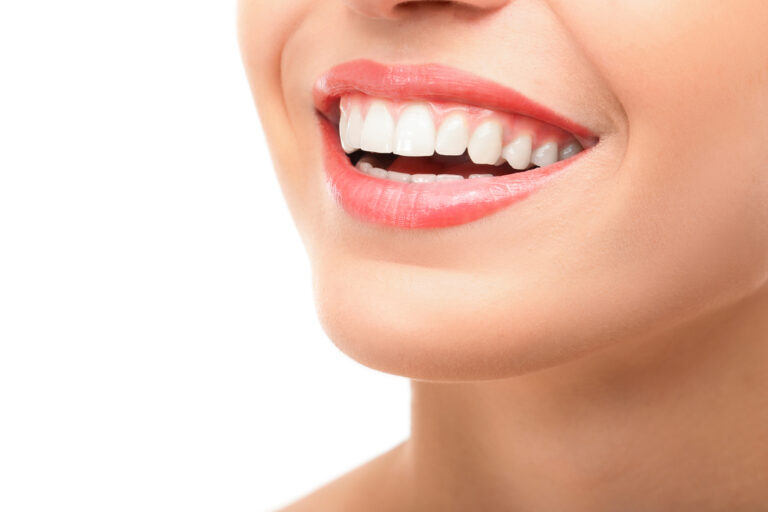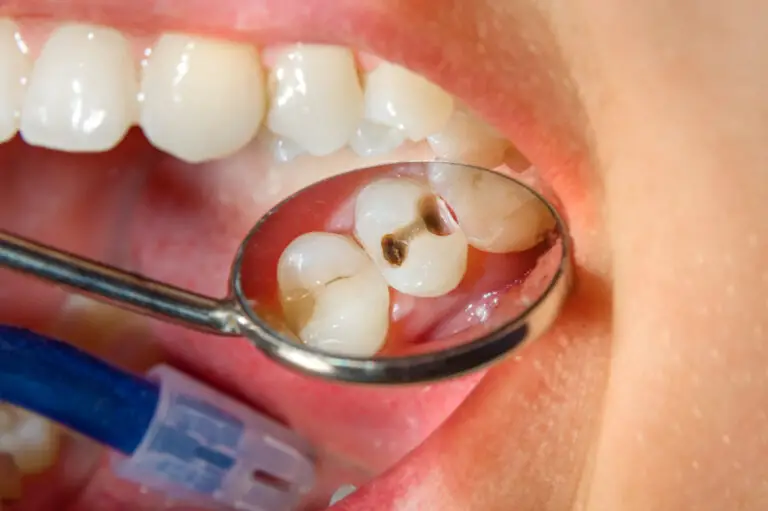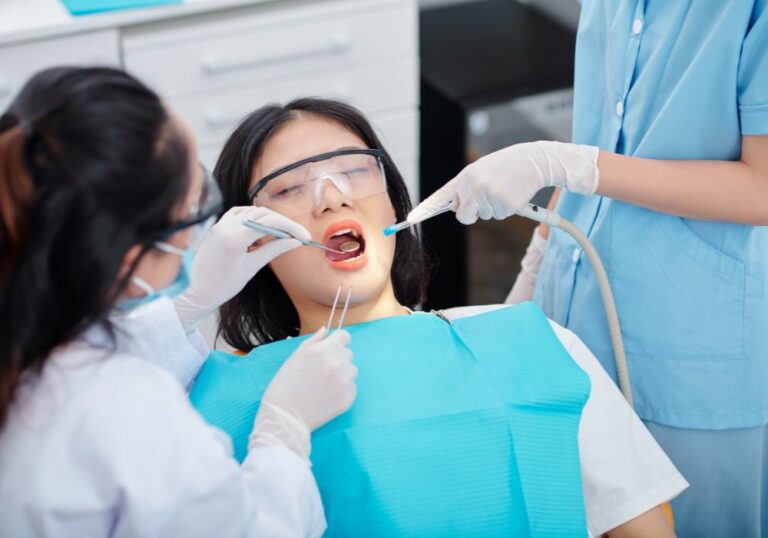Losing a tooth can be a stressful experience for anyone. Whether it’s due to decay, injury, or other reasons, it’s important to understand what tooth loss is called. The condition of being toothless or missing one or more teeth is called edentulism. This can happen to anyone, but it’s more common in older adults.
Tooth loss can have a significant impact on your overall health and wellbeing. It can increase the probability of depression and cause difficulty in speaking and eating. Additionally, tooth loss can lead to bone loss in the jaw and cause adjacent teeth to shift, leading to further dental problems. Therefore, it’s crucial to seek dental care if you experience tooth loss. Your dentist can provide you with treatment options to help restore your smile and prevent further complications.
Understanding Tooth Loss
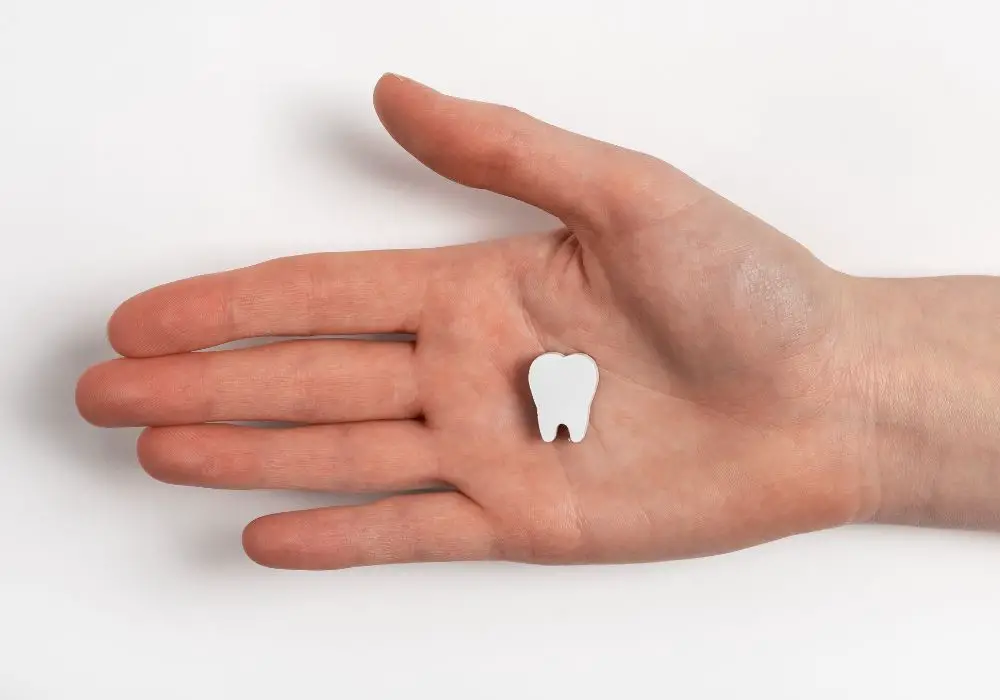
Tooth loss is a common dental problem that can affect people of all ages. It is the loss of one or more teeth due to various reasons such as tooth decay, gum disease, trauma, or aging. Losing teeth can have significant consequences for a person’s oral health as well as their overall well-being.
Causes of Tooth Loss
Tooth loss can occur due to various reasons, some of which are preventable. Here are some common causes of tooth loss:
- Poor oral hygiene: Failure to maintain good oral hygiene can lead to tooth decay and gum disease, which are the primary causes of tooth loss.
- Gum disease: Gum disease is a bacterial infection that affects the gums and bone supporting the teeth. If left untreated, it can lead to tooth loss.
- Trauma: Accidents or injuries to the mouth can cause tooth loss.
- Aging: As you age, your teeth become more susceptible to decay and gum disease, which can lead to tooth loss.
Consequences of Tooth Loss
Tooth loss can have several consequences, including:
- Difficulty chewing: Missing teeth can make it difficult to chew food properly, leading to digestive problems.
- Speech problems: Tooth loss can affect your speech, making it difficult to pronounce certain words.
- Self-esteem issues: Missing teeth can affect your confidence and self-esteem.
- Shifting of teeth: When a tooth is lost, the surrounding teeth can shift, causing misalignment of teeth.
Treatment for Tooth Loss
The treatment for tooth loss depends on the cause and severity of the condition. Here are some common treatment options:
- Dental implants: Dental implants are artificial teeth that are surgically implanted into the jawbone. They look and function like natural teeth.
- Bridges: Bridges are artificial teeth that are attached to the adjacent teeth to fill the gap left by a missing tooth.
- Dentures: Dentures are removable appliances that replace missing teeth.
- Root canal treatment: Root canal treatment is a procedure that is used to save a damaged or infected tooth.
In conclusion, tooth loss can have significant consequences for your oral health as well as your overall well-being. It is important to maintain good oral hygiene and seek treatment promptly if you experience any dental problems.
Medical Term for Tooth Loss
If you’ve lost a tooth or teeth, you’re not alone. Tooth loss is a common problem affecting millions of people worldwide. But did you know that there’s a medical term for tooth loss? It’s called edentulism.
Edentulism is defined as the permanent loss of one or more teeth. It can be caused by a variety of factors, including trauma, cavities, gum disease, and congenital conditions. In some cases, edentulism may be the result of aging or poor dental hygiene.
Edentulism can have a significant impact on your oral health, as well as your overall health and well-being. If left untreated, it can lead to a range of problems, including difficulty eating and speaking, changes in facial structure, and an increased risk of other health issues.
Fortunately, there are many treatment options available for edentulism, including dental implants, dentures, and bridges. Your dentist can help you determine which option is best for your needs and help you restore your smile and oral health.
In conclusion, edentulism is the medical term for the permanent loss of one or more teeth. It can be caused by a variety of factors and can have a significant impact on your oral and overall health. If you’ve experienced tooth loss, it’s important to seek treatment as soon as possible to prevent further complications.
Causes of Tooth Loss
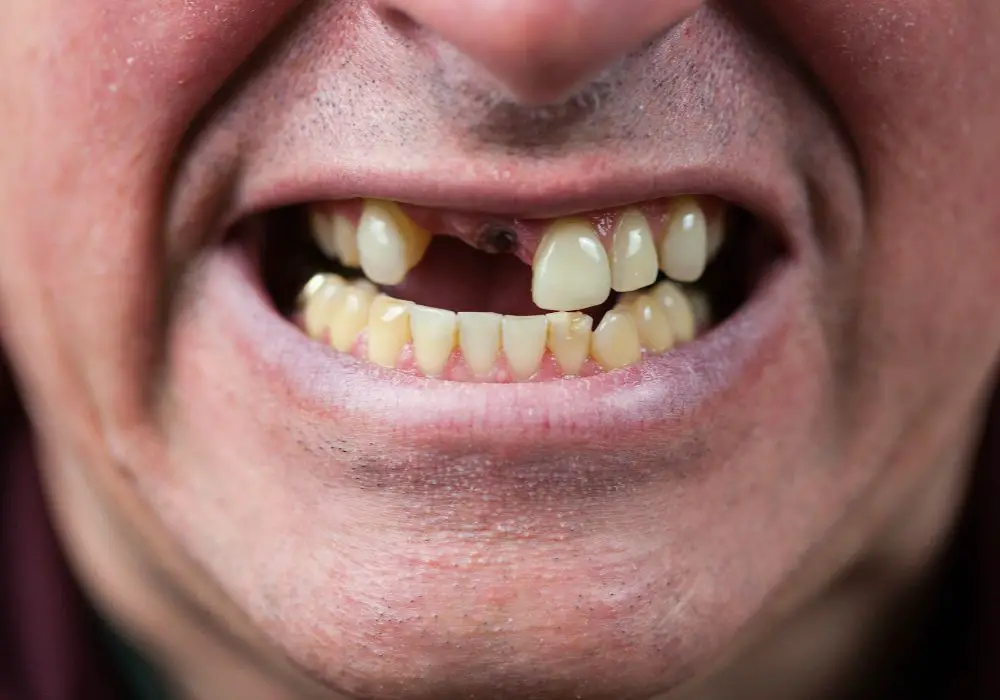 There are several reasons why you may experience tooth loss. Here are some of the most common causes of tooth loss:
There are several reasons why you may experience tooth loss. Here are some of the most common causes of tooth loss:
Periodontal Disease
Periodontal disease, also known as gum disease, is a common cause of tooth loss. This disease is caused by the buildup of plaque on your teeth, which can lead to inflammation and infection of the gums. If left untreated, periodontal disease can cause the gums to recede, exposing the roots of your teeth and leading to tooth loss.
Tooth Decay
Tooth decay is another common cause of tooth loss. This occurs when the enamel on your teeth is damaged by acid produced by bacteria in your mouth. Over time, the decay can spread to the inner layers of your tooth, causing it to become weakened and eventually leading to tooth loss.
Injury or Trauma
Injury or trauma to your teeth can also cause tooth loss. This can happen as a result of a sports injury, car accident, or any other type of trauma to your mouth. If the injury is severe enough, it can damage the roots of your teeth, leading to tooth loss.
Overall, tooth loss can be caused by a variety of factors. It is important to practice good oral hygiene and see your dentist regularly to prevent tooth loss and catch any issues early on.
Prevention of Tooth Loss
Tooth loss can be prevented by taking good care of your teeth and gums. Here are some ways to prevent tooth loss:
Oral Hygiene
Maintaining good oral hygiene is crucial in preventing tooth loss. Brush your teeth twice a day with fluoride toothpaste and floss daily to remove food particles and plaque. Use mouthwash to kill bacteria and freshen your breath. You can also use interdental brushes to clean between your teeth.
Regular Dental Checkups
Regular dental checkups are important in preventing tooth loss. Your dentist can detect early signs of gum disease and tooth decay and treat them before they become serious. Your dentist can also clean your teeth and remove plaque and tartar that you may have missed during your daily oral hygiene routine.
Healthy Diet
Eating a healthy diet can also help prevent tooth loss. Avoid sugary and acidic foods and drinks that can erode your tooth enamel and cause tooth decay. Instead, eat foods that are rich in calcium and vitamin D, such as milk, cheese, and leafy greens. These nutrients help strengthen your teeth and bones.
In addition to these preventive measures, it is important to avoid bad habits that can damage your teeth, such as smoking and chewing tobacco. If you play sports, wear a mouthguard to protect your teeth from injury.
By following these preventive measures, you can maintain a healthy smile and prevent tooth loss.
Treatment Options for Tooth Loss
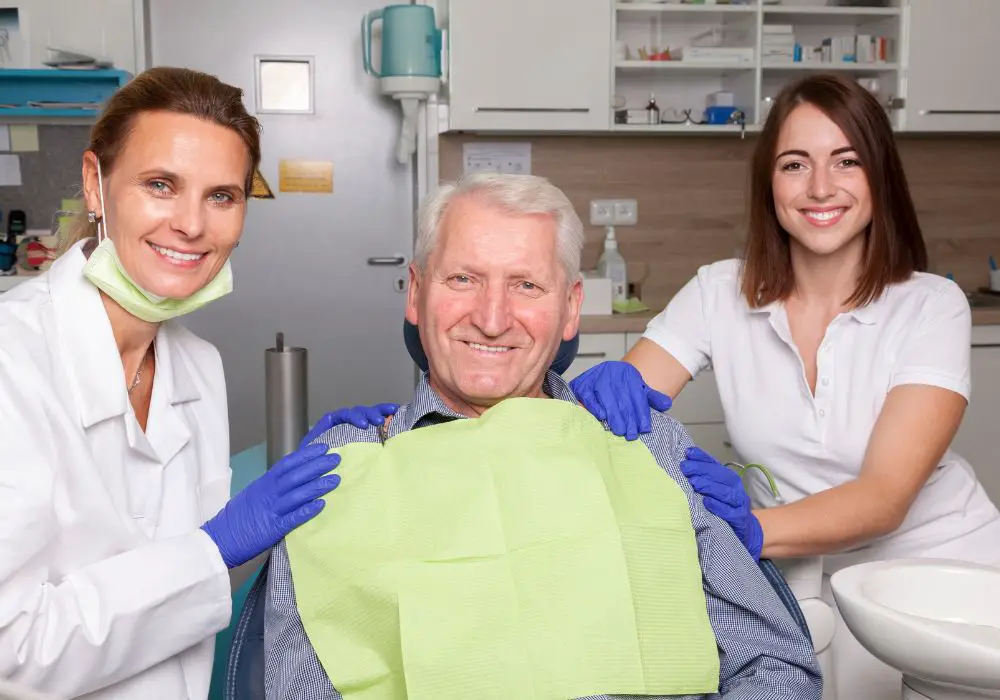
If you have lost one or more teeth, there are several treatment options available to restore your smile and improve your oral health. Your dentist can help you decide which option is best for you based on your individual needs and preferences.
Dental Implants
Dental implants are a popular and long-lasting solution for tooth loss. They involve placing a small titanium post into the jawbone, which acts as a replacement for the tooth root. This post is then topped with a dental crown that looks and functions like a natural tooth.
Dental implants offer several benefits, including:
- Improved appearance and self-confidence
- Enhanced ability to eat and speak
- Long-lasting durability
- Preservation of jawbone health
However, dental implants require a surgical procedure and may not be suitable for everyone. Your dentist can help determine if you are a good candidate for dental implants.
Dentures
Dentures are another option for replacing missing teeth. They are removable prosthetic devices that are custom-made to fit your mouth and replace one or more missing teeth. Dentures can be made to replace either a full arch of teeth or just a few missing teeth.
Dentures offer several benefits, including:
- Improved appearance and self-confidence
- Enhanced ability to eat and speak
- Non-invasive and affordable
However, dentures may take some time to get used to, and they may not feel as natural as dental implants or natural teeth. They also require regular cleaning and maintenance.
Bridges
Dental bridges are a fixed prosthetic device that is used to replace one or more missing teeth. They are made up of one or more artificial teeth that are anchored to the surrounding natural teeth or dental implants.
Dental bridges offer several benefits, including:
- Improved appearance and self-confidence
- Enhanced ability to eat and speak
- Non-invasive and affordable
However, dental bridges require the surrounding teeth to be prepared and may not be suitable for everyone. They also require regular cleaning and maintenance.
In conclusion, there are several treatment options available for tooth loss, and your dentist can help you decide which option is best for you based on your individual needs and preferences. Whether you choose dental implants, dentures, or bridges, restoring your smile can improve your oral health and overall quality of life.
Frequently Asked Questions
What are some common causes of tooth loss?
Tooth loss can be caused by a variety of factors, including poor oral hygiene, gum disease, tooth decay, injury, and genetics. Smoking and certain medical conditions, such as diabetes, can also increase the risk of tooth loss.
What are the different types of tooth replacement options?
There are several tooth replacement options available, including dental implants, bridges, and dentures. Dental implants are a popular choice because they look and feel like natural teeth. Bridges are used to replace one or more missing teeth and are anchored to adjacent teeth. Dentures are removable appliances that can replace multiple missing teeth.
What are the signs and symptoms of tooth loss?
The most obvious sign of tooth loss is missing teeth. Other symptoms may include pain, swelling, and redness in the gums. You may also experience difficulty chewing or speaking, and your teeth may shift out of place.
Can tooth loss be prevented?
Good oral hygiene is key to preventing tooth loss. This includes brushing your teeth twice a day, flossing daily, and visiting your dentist regularly for cleanings and check-ups. Avoiding tobacco and maintaining a healthy diet can also help prevent tooth loss.
At what age do most people experience tooth loss?
Tooth loss can occur at any age, but it is more common in older adults. According to the Centers for Disease Control and Prevention, about 1 in 6 adults aged 65 or older have lost all of their teeth.
What are the long-term effects of tooth loss?
Tooth loss can lead to a variety of long-term effects, including difficulty eating and speaking, changes in facial appearance, and an increased risk of gum disease and tooth decay in remaining teeth. It can also have a negative impact on self-esteem and overall quality of life.


